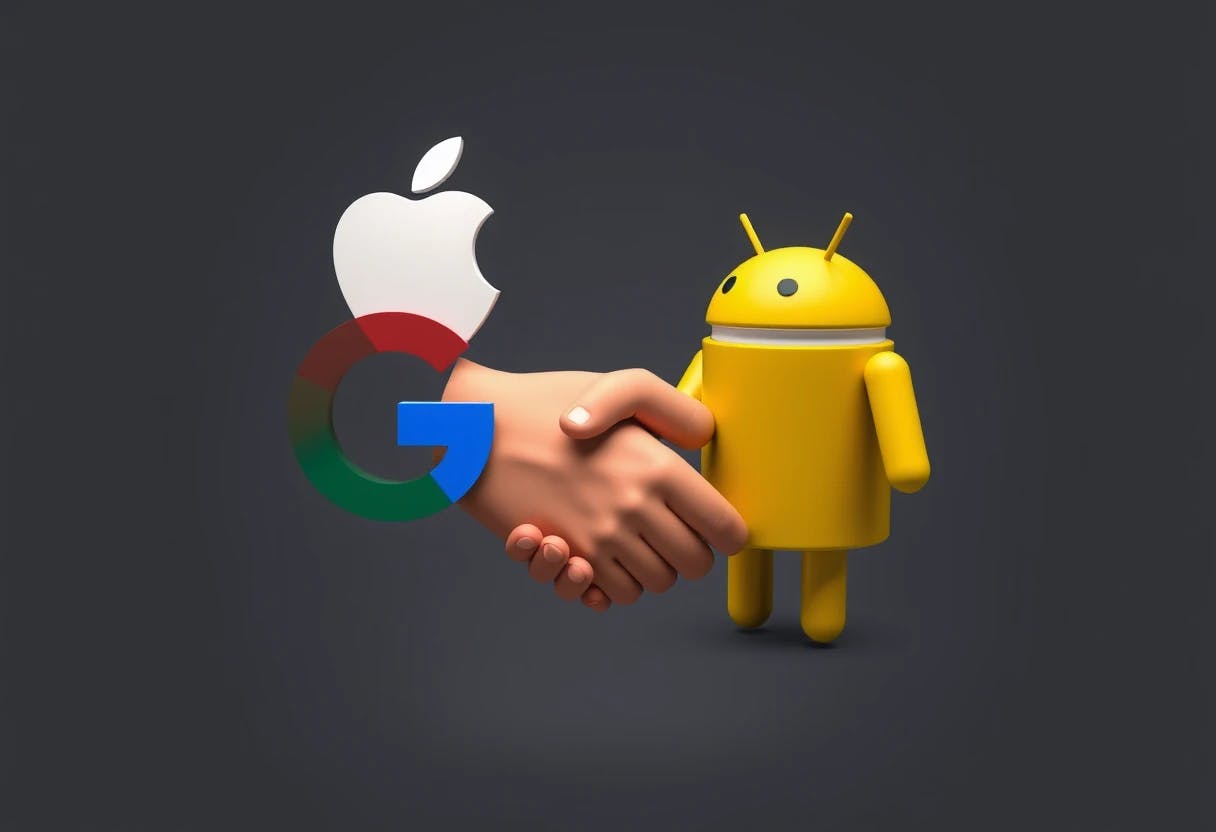1,572 reads
Google’s Distribution Agreements: The Agreements They Had With Apple and Android
by
August 10th, 2024
Audio Presented by

Legal PDFs of important tech court cases are far too inaccessible for the average reader... until now.
About Author
Legal PDFs of important tech court cases are far too inaccessible for the average reader... until now.
